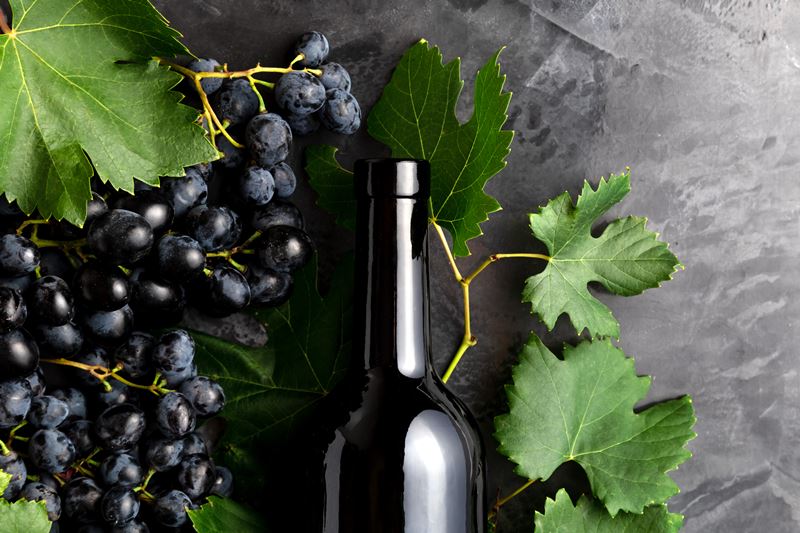Resveratrol: a double-edged sword for health?
A sip of complexity in the glass of health
2024-02-15

Diving into the world of wine, we often encounter buzzwords that promise not just a delightful experience for our taste buds but also benefits that stretch far into our health horizon. One such word that has been swirling around the wine and health community is resveratrol. This naturally occurring polyphenol has been the toast of numerous studies, hailed for its impressive array of health benefits. But like any element that garners attention, it's worth pouring over the details to understand its true impact on our health.
Found in over 70 types of plants, with a notable concentration in the seeds and skins of grapes—particularly red varieties—resveratrol has been a key interest for those looking to justify their evening glass of wine. Its antioxidant properties are well-documented, boasting a defense against pathogens such as fungi and bacteria, and it doesn't stop there. From its potential in cancer prevention and treatment to its anti-inflammatory, cardioprotective, and neuroprotective effects, resveratrol seems to wear many hats in the realm of health benefits.
But let's not race to conclusions or start binge-drinking Merlot just yet. Resveratrol's journey from grape to glass to gut is fraught with challenges. Its solubility and bioavailability have been significant hurdles in harnessing its therapeutic potential, not to mention the dual-edged sword it wields when it comes to its effects on our health.
The story of resveratrol is as rich and varied as the wines it inhabits. First isolated in 1940, this compound has been a subject of fascination for decades, initially derived from the roots of plants used in traditional Chinese and Japanese medicine. The high concentrations found in grapes are thought to be a defense mechanism against fungal infections, a testament to the resilience and adaptability of nature.
At its heart, resveratrol's most celebrated trait is its antioxidant capability, protecting cells from the oxidative stress that can lead to various forms of cellular damage. Studies have shown that it not only promotes cell survival but also guards against the detrimental effects of UV radiation. Beyond its antioxidant prowess, resveratrol has demonstrated a remarkable capacity to inhibit the growth of harmful microorganisms and offer a protective shield against a range of diseases, from heart conditions to diabetes.
Yet, the health elixir narrative faces a twist. Despite its numerous benefits, resveratrol can act as a pro-oxidant under certain conditions, potentially leading to DNA damage. This paradoxical behavior underscores the complexity of antioxidants and their interactions with our bodies. The line between beneficial and harmful effects seems to blur, especially when considering dosage. Studies in mice have shown that while moderate amounts of resveratrol can extend life, higher doses may lead to adverse outcomes.
So, where does this leave our beloved compound and, by extension, our glass of red wine? The consensus leans towards moderation. Resveratrol, with all its promising health benefits, continues to be a subject of intense research. Its potential in pharmaceuticals remains high, signaling a future where we might better understand and harness its powers.
As wine enthusiasts and health-conscious individuals, the narrative of resveratrol serves as a reminder of the nuanced relationship between diet, health, and the substances we celebrate. It encourages a balanced approach, much like the art of winemaking itself, where every element must be carefully measured to create the perfect blend.
So, as we sip on our next glass of wine, let's toast to resveratrol—the complex, mysterious, and potentially beneficial guest in our glass, reminding us of the continuous journey of discovery in both winemaking and health.
Founded in 2007, Vinetur® is a registered trademark of VGSC S.L. with a long history in the wine industry.
VGSC, S.L. with VAT number B70255591 is a spanish company legally registered in the Commercial Register of the city of Santiago de Compostela, with registration number: Bulletin 181, Reference 356049 in Volume 13, Page 107, Section 6, Sheet 45028, Entry 2.
Email: [email protected]
Headquarters and offices located in Vilagarcia de Arousa, Spain.